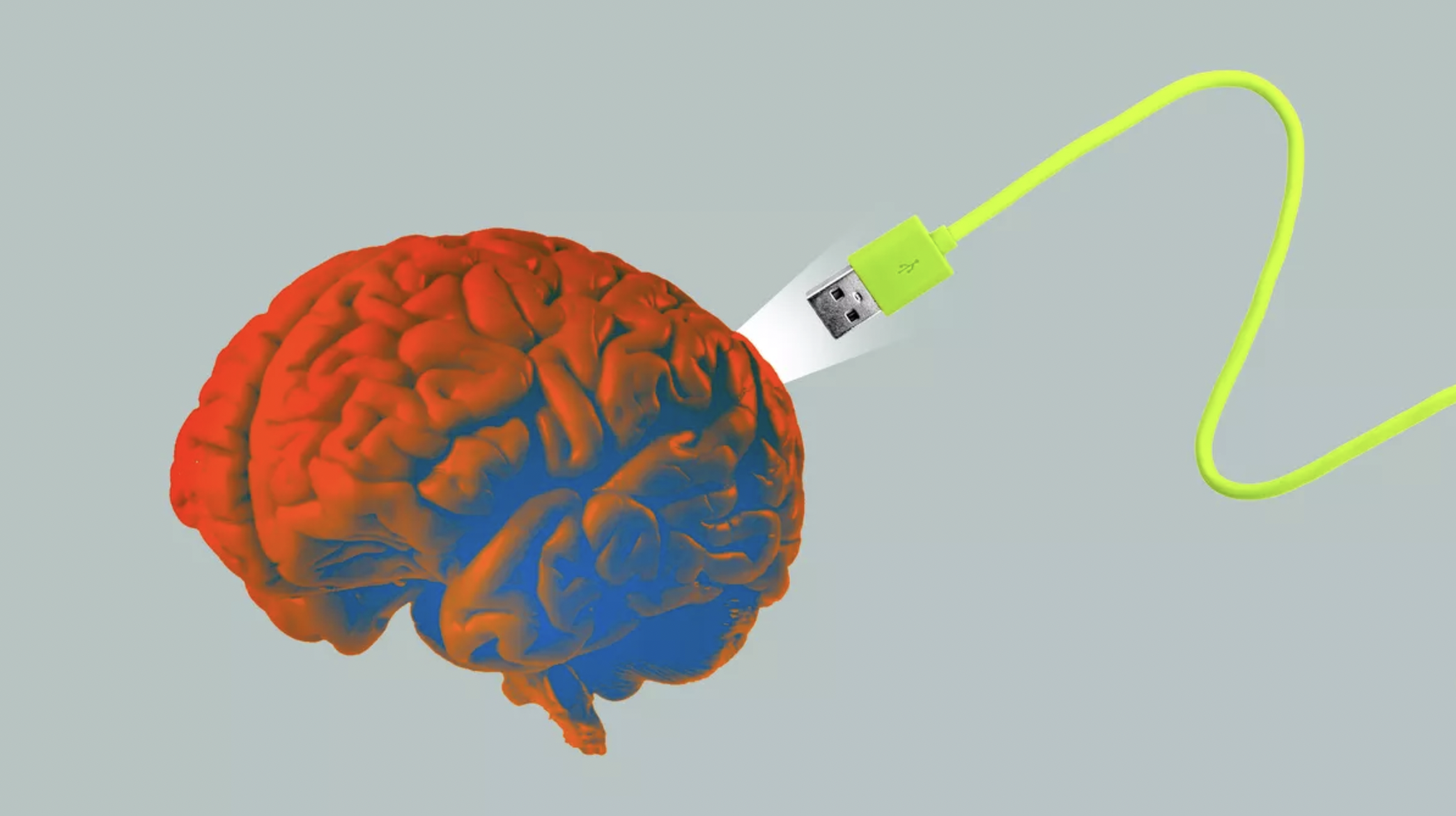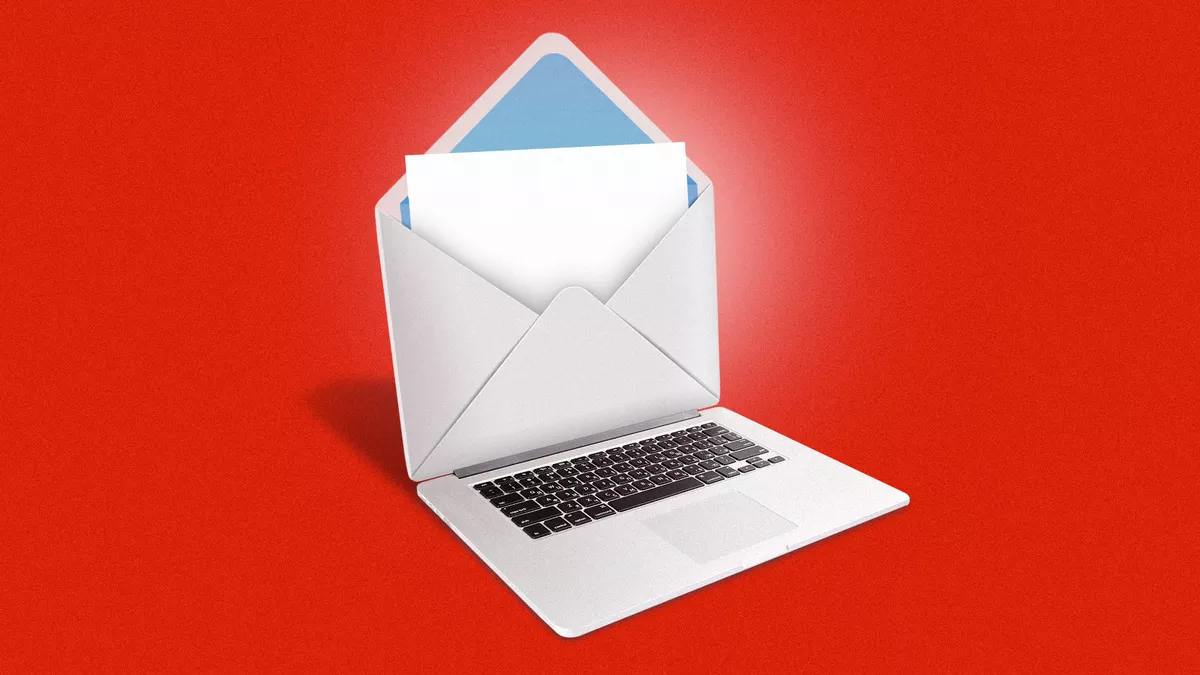Insights
April 6, 2023
The meteoric rise of ChatGPT made generative AI technology widely accessible to the public, conjuring a mix of intrigue, ambivalence and an urgency to stay ahead.
Businesses are scrambling to make sense of it, professionals are fearful of losing their jobs and regulators find themselves playing catch-up.
The big picture: Global Gateway Advisors recognizes this is a watershed moment that will redefine how we work and communicate.
-
To help you navigate, we are launching a series on generative AI and its impact on communications professionals and how they do their jobs.
-
We hope to cut through the noise and distill the barrage of information to provide you with pragmatic and actionable advice.
Go deeper: This first installment will give you the lay of the land, catch the latest reactions from the communications world and explore what is at stake.
What’s next: In part two, we will zoom in on what generative AI means to the communications industry, and suggest a systematic approach on how to incorporate it in your organizations and workflows.
But first…
-
Don’t miss our latest Media News & Moves updates, now on our website.
-
Will you be at the Page Spring Seminar in Brooklyn, NY next week? If yes, drop us a note and let’s meet.
-
We’re proud to sponsor StratCommWorld 2023, a leading conference connecting strategic communications and public affairs, taking place May 1-2, 2023 at the National Press Club in Washington, D.C. Click here for details.
1. The basics on generative AI

Generative AI falls under the broad category of machine learning, with ChatGPT being the most sophisticated chatbot to date.
-
Trained on a vast amount of data scraped from the internet, ChatGPT responds to text prompts and is able to have human-like conversations on any topics from quantum physics to mental health, compose haikus and write computer codes.
-
But this AI tool, developed by research firm OpenAI, isn’t without flaws. It is known to hallucinate (which in AI terms means producing factual inaccuracies and reasoning errors), and its training data cuts off in 2021 – which means it’s useless for real time tasks like media tracking.
Clones such as Google’s Bard and Chatsonic have sprung up at warp speed, with varying successes. China has also entered the generative AI arms race with Baidu’s Ernie. And today, Meta released an AI model that can identify items without images.
Yes, but: Privacy and security concerns loom large, as employers struggle to figure out how to fold ChatGPT into their workflows without risking the security of corporate secrets, customer information and intellectual property.
-
OpenAI has made it clear that they utilize user conversations to continually train ChatGPT, and urged users not to share sensitive information in their prompts. Legal and ethical issues also abound.
2. Across the pond… and beyond

Italy became the first country to ban ChatGPT. The Italian data-protection authority said it is investigating whether OpenAI complied with General Data Protection Regulation, citing the ChatGPT data breach on March 20.
-
EU lawmakers have also been negotiating sweeping new rules to limit high-risk AI tools.
-
Meanwhile in Japan, companies like SoftBank and Hitachi are restricting the use of generative AI in business operations due to fears of proprietary information leaks.
More than 1,000 prominent tech researchers and leaders including Elon Musk (a co-founder of OpenAI who severed his ties in 2018) called for a 6-month moratorium on further development of the generative AI systems, citing “profound risks to society and humanity.”
The bottom line: The open letter calls for safety policies to be put in place before the AI race evolves to a point where even its creators cannot predict the outcome.
3. What does this mean for communicators?

Some communications companies are fully embracing the technology.
-
In March, PR firm Gregory FCA and global communications giant Stagwell separately announced the launch of their AI writing tools called Write Release and Taylor, respectively.
-
While Write Release runs on OpenAI and uses prompts to gather information and writes press announcements, Taylor drafts PR content like press releases, pitches, blog posts and social media copy.
The communications teams at Microsoft – a major investor and partner of OpenAI – said they are experimenting with these AI tools.
Coca-Cola was among the first major brands to use ChatGPT and its sibling, Dall.E. The company teamed up with consulting firm Bain & Company to integrate these tools into its marketing strategy.
What they’re saying: Not everyone shares the enthusiasm. A February survey conducted by ICCO and PRCA revealed that one in four global PR leaders said they will never use AI tools such as ChatGPT, with more than half of them admitting to never using the technology.
4. How should I keep up with the latest?
Here’s what we’re paying attention to:
-
AI Weekly: A curated site on all things AI
-
On Tech: AI: A newsletter from The New York Times
-
The Algorithm – A newsletter from MIT Technology Review
-
AI Disruption: A blog that explains how AI disrupts various industries
-
Exponential View: A newsletter that focuses on implications of new AI technology
-
The Batch: Curates weekly reports on AI for business leaders and engineers
-
TWIML AI Podcast: Explores how AI changes people’s lives and business operations
-
The Economist: An overview of big tech’s pursuit of AI dominance
Share your feedback – or ideas about what we should cover in this series – by emailing insights@gga.nyc.